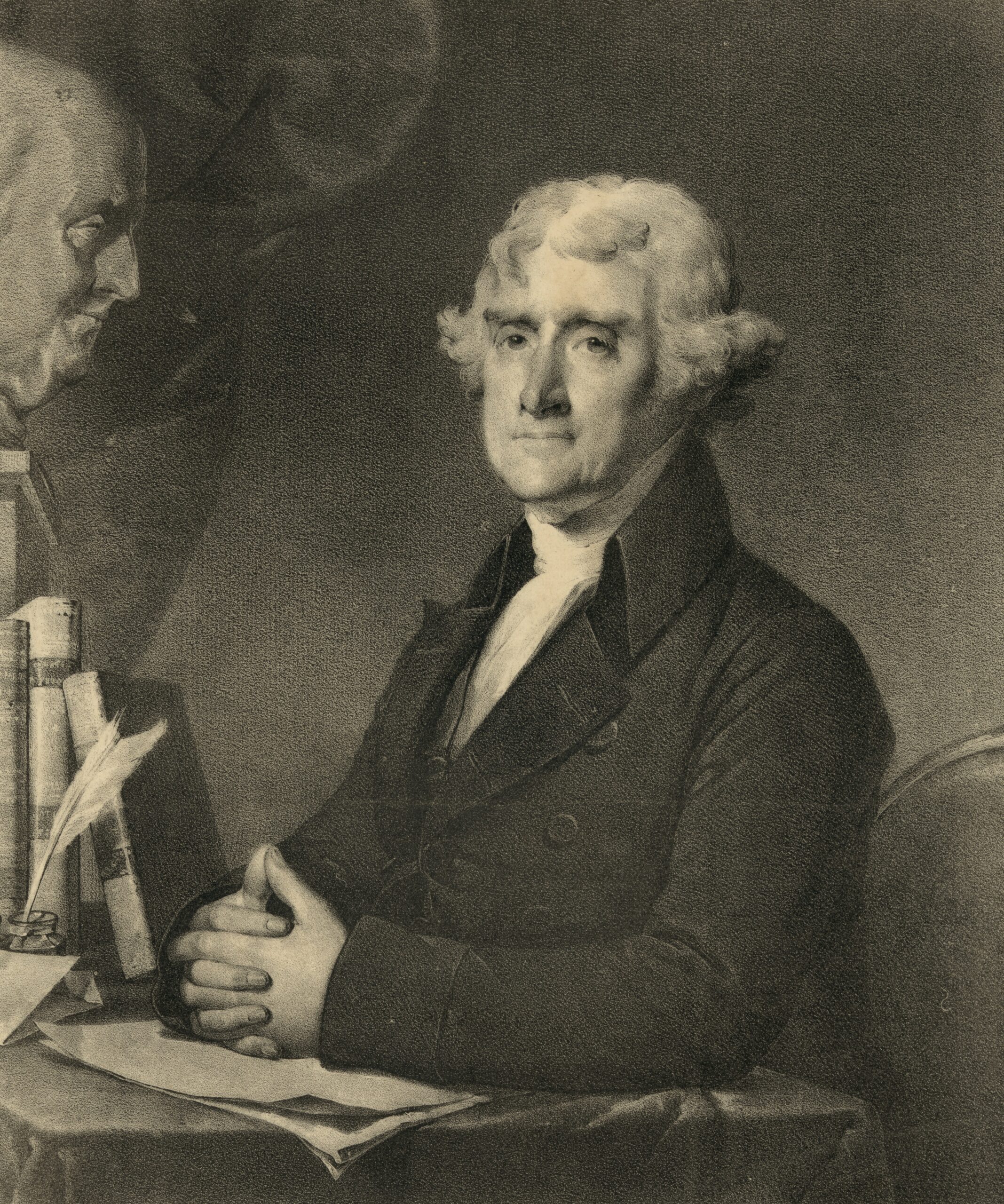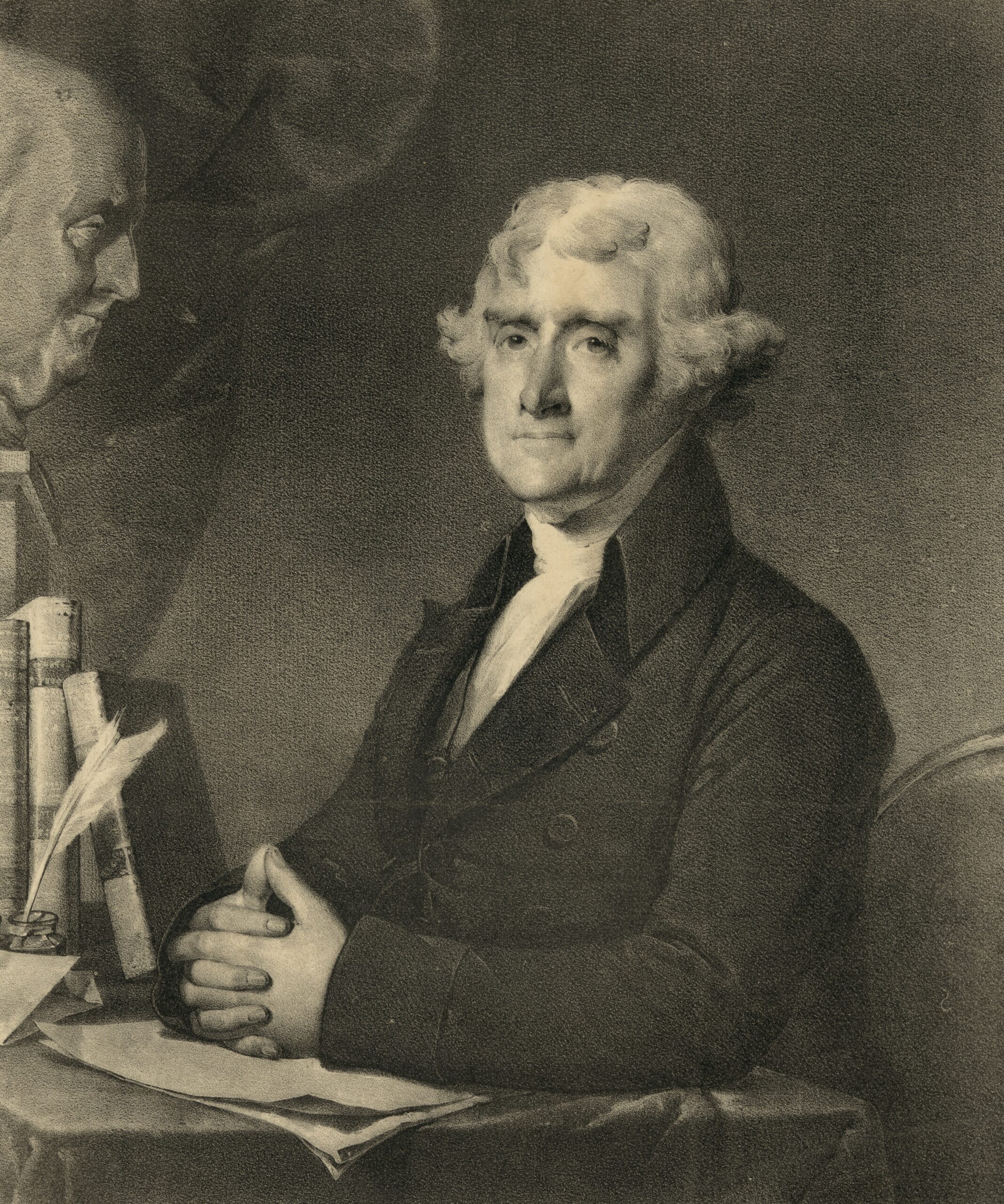“`html
Introduction: The Political Landscape in Bangladesh
Bangladesh, a South Asian nation with a population exceeding 160 million, has witnessed significant political turbulence in its relatively short history since gaining independence in 1971. At the heart of this political landscape are the two major parties: the Bangladesh Awami League (AL) and the Bangladesh Nationalist Party (BNP), along with their respective leaders who have alternated in power and influence. A prominent figure in this milieu is Sheikh Hasina, the Prime Minister and leader of the Awami League, who has been a dominant force in Bangladeshi politics for several decades.
Sheikh Hasina, daughter of Bangladesh’s founding father Sheikh Mujibur Rahman, first assumed the role of Prime Minister in 1996. Her tenure has been marked by numerous achievements and controversies. While her administration has made significant strides in economic development, health, and education, it has also faced allegations of corruption, human rights abuses, and stifling political dissent. Over the years, tensions between the Awami League and BNP have escalated, compounding the challenges in the political atmosphere.
Under Hasina’s leadership, the Awami League strengthened its grip on power, often through contentious means, such as the controversial general elections of 2014 and 2018, which saw allegations of vote-rigging and violence. The political environment grew increasingly polarized, with opposition parties frequently accusing Hasina’s government of authoritarianism. This intensifying political friction laid the groundwork for the series of events that would culminate in her banishment from the political stage.
The banishment of Sheikh Hasina represents a seismic shift in the political framework of Bangladesh. Her departure marks the end of an era characterized by her unyielding presence in national politics. As we delve deeper into the ramifications, it’s crucial to understand the underlying historical and political context leading up to this pivotal moment. With Hasina’s exit, Bangladesh stands at a crossroads, and the direction it takes will have profound and far-reaching implications for its future.
The Banishment: Circumstances Leading to the Decision
The banishment of Sheikh Hasina, a pivotal moment in Bangladesh’s political landscape, was the result of a complex interplay of events and decisions, reflecting internal political turbulence and widening partisan rifts. Immediate causes of her banishment can be traced back to escalating tensions between the ruling and opposing factions, culminating in a dramatic showdown within the legislative framework.
Political opponents played a significant role, capitalizing on growing discontent and perceived governance failures. The opposition spearheaded a vigorous campaign, spotlighting allegations of corruption, electoral malpractice, and human rights abuses. These accusations gained momentum, leading to heightened scrutiny and mounting pressure on the judiciary to intervene.
In a turn of events that many had not anticipated, the judiciary emerged as a decisive player. Growing political unrest provided a fertile ground for judicial actions, with a series of court rulings that questioned the legitimacy of certain executive actions under Sheikh Hasina’s administration. These rulings, perceived as both a legal and political maneuver, laid the groundwork for her eventual banishment.
Public perception played a crucial role in shaping the narrative surrounding Sheikh Hasina’s ousting. Protests erupted across the nation, both in support of and against the decision. While some segments of the population saw it as a necessary step towards restoring democratic integrity, others viewed it as partisan maneuvering with potential to destabilize the nation’s polity.
International reactions were mixed, reflecting the geopolitical significance of Bangladesh. Major powers and regional stakeholders issued cautious statements, calling for stability and adherence to democratic principles, while international bodies closely monitored the unfolding situation.
Official statements from government bodies provided a formal rationale, framing the banishment as a response to pressing legal and ethical concerns. Conversely, public discourse revealed a more polarized landscape, with the media playing a critical role in shaping opinions and disseminating information.
In essence, the banishment of Sheikh Hasina was deeply rooted in complex political dynamics, legal interventions, and divided public sentiment, each contributing to a significant reshaping of Bangladesh’s political future.
Impact on the Political System: Immediate and Long-Term
Sheikh Hasina’s abrupt expulsion has created an unprecedented upheaval in Bangladesh’s political landscape. The immediate consequence of her banishment involves a noticeable shift in political alliances. Established factions within the ruling Awami League are experiencing a significant internal reorganization as they vie for leadership, creating a palpable vacuum that other political parties are looking to exploit. This vacuum has stirred rapid reactions from various corners of the political spectrum, leading to fragmentation and realignment among Hasina’s former allies and opponents alike.
In the short term, we are likely to see a scramble for power within the Awami League, with potential defections to rival parties such as the Bangladesh Nationalist Party (BNP) or newly emerging political entities. Key political figures are repositioning themselves, testing new alliances, and their reactions are pivotal in shaping the immediate political discourse. This atmosphere of political instability might also lead to public protests and increased civic unrest, amplifying the sense of uncertainty.
Looking at the long-term ramifications, Hasina’s banishment may trigger significant shifts in governance policies. With new leadership, there could be an emphasis on political reforms aimed at restoring public trust and ensuring transparency. It is plausible that emerging leaders may advocate for decentralized governance structures, focusing on local governance reforms to foster greater accountability. Additionally, the vacuum left by Hasina may encourage a new wave of political movements, potentially led by younger, more progressive leaders aiming to break away from traditional politics and introduce innovative policies.
This period of transition will be critical for the future of Bangladesh’s political framework. The potential for new political movements to arise, along with the possibility of extensive policy reforms, may redefine the country’s political landscape. As Bangladesh navigates this era of change, the public’s role in demanding democratic processes and integrity in governance will be more crucial than ever.
The banishment of Sheikh Hasina has ushered in a wave of transformation across various sectors of Bangladeshi society. Socially, the political upheaval has created an atmosphere of uncertainty and apprehension among the public. Public morale has been significantly impacted, with many individuals feeling uncertain about the future stability of their nation. Social cohesion and community relations have also been strained, as people grapple with the implications of this dramatic change in leadership. The removal of such a prominent figure has led to a dichotomy of sentiments, with segments of society either lamenting the loss or expressing cautious optimism about new beginnings.
Economically, the repercussions have been equally profound. The immediate aftermath saw market volatility, with stock prices fluctuating and investor confidence taking a hit. Foreign investment, which is often contingent on political stability, has seen a decline as international stakeholders adopt a wait-and-see approach. This reluctance to invest not only affects immediate capital inflow but also long-term economic growth prospects.
Changes in economic policies have been inevitable, as the new leadership seeks to establish its own economic agenda. Amidst these shifts, significant attention needs to be paid to employment trends. Job markets have shown signs of instability, with potential rises in unemployment as businesses reevaluate their strategies in light of the new political landscape. Inflation rates are also an area of concern, with uncertainty leading to potential price hikes on essential goods and services, thereby affecting the cost of living and overall economic stability.
In conclusion, the banishment of Sheikh Hasina presents a period of transition that is marked by both challenges and opportunities for Bangladesh. The broader social impact, reflected in public morale and social cohesion, combined with the economic consequences such as market reactions and foreign investment setbacks, will shape the nation’s trajectory moving forward. The manner in which these variables are managed will determine Bangladesh’s ability to navigate through this political earthquake and its far-reaching implications.
Media and Public Opinion: The Role of Journalism and Public Sentiment
The banishment of Sheikh Hasina has catapulted the media into a critical role in shaping public opinion and framing the narrative of this political upheaval. The coverage from various media outlets highlighted divergent perspectives, oscillating between shock, suspicion, and a call for democratic principles. National journalists initially presented the event with a balanced approach, emphasizing both the historical context and the immediate consequences of such a political landmark. In contrast, international media often portrayed the incident within the broader scope of South Asian regional stability and democratic integrity. This dichotomy in coverage underscored contrasting viewpoints, fostering extensive debate within public forums.
Social media platforms emerged as a significant arena where the public voiced their reactions, often in a more polarized and emotive manner than traditional outlets. Hashtags and discussion threads encapsulated the sentiments of various demographics, from fervent backers of Hasina who decried the decision as undemocratic, to her critics who saw it as a necessary recalibration of political accountability. The rapid dissemination of information, opinions, and even unverified claims on these platforms demonstrated the growing power of digital journalism in shaping immediate public sentiment.
Misinformation and propaganda presented unique challenges, muddling the discourse with half-truths and exaggerated claims. In some instances, partisan blogs and dubious news sources capitalized on the political chaos, spreading narratives that either vilified or lionized the key players involved. This phenomenon complicated the public’s ability to discern credible information from spurious content, illustrating the crucial role of media literacy in contemporary political crises. Furthermore, national media struggled with maintaining an unbiased stance amidst pressure from political entities, resulting in varied portrayals of the event’s impact on Bangladesh’s democratic fabric.
Overall, the interplay between journalism and public sentiment catalyzed a multifaceted discussion, reflecting broader concerns about governance, transparency, and the future of democracy in Bangladesh. Through careful analysis of these media narratives, one gains a deeper understanding of the sociopolitical undercurrents that influence public perception and the collective response to moments of national significance.
Comparisons to Historical and Global Political Events
Bangladesh’s recent political upheaval, marked by Sheikh Hasina’s banishment, finds striking parallels in numerous historical and international political events where leaders have been similarly ousted. One noteworthy comparison is the fall of Iranians Prime Minister Mohammad Mossadegh in 1953. Mossadegh’s removal from power was a result of both internal dissent and external intervention, leading to a volatile situation with significant repercussions for the country’s political landscape. The ensuing instability and eventual establishment of a more autocratic regime provide a cautionary tale for Bangladesh, illustrating the risks of undermining democratic processes.
Similarly, the displacement of Egyptian President Mohamed Morsi in 2013 draws comparisons to Hasina’s fate. Morsi’s ousting by the military amidst widespread protests underscores how political leaders can be dethroned when confronted with deep-seated public dissatisfaction and institutional power struggles. The Egyptian experience suggests that Bangladesh might face a period of intense political turmoil and power vacuums, posing challenges to governance and stability.
Globally, the impeachment of South Korean President Park Geun-hye in 2016 presents another relevant example. Park’s removal was precipitated by a corruption scandal, highlighting how legal and ethical transgressions can catalyze political change. The subsequent economic and political uncertainty in South Korea serves as a reminder that leadership ousters often entail broader socioeconomic consequences, which Bangladesh must brace for in the wake of Hasina’s departure.
These historical precedents provide vital lessons for analyzing the current scenario in Bangladesh. Primarily, the importance of maintaining democratic institutions and upholding the rule of law emerges as a key theme. The international community’s role and the response of domestic institutions to such changes are also critical factors that can influence outcomes. By closely examining these parallels, Bangladesh can navigate its path forward, leveraging historical insights to mitigate potential adverse effects and foster a resilient, inclusive political environment.
International Reactions and Diplomatic Responses
The banishment of Sheikh Hasina has sparked varied responses from the international community, reflecting the geopolitical significance of Bangladesh. Global leaders, countries, and international organizations have been quick to react to this political upheaval, indicating concerns over regional stability and democratic processes.
Countries such as the United States and members of the European Union have issued formal statements calling for a peaceful resolution and adherence to democratic norms. The U.S. State Department expressed its belief in the importance of ensuring a fair and transparent political process in Bangladesh, while the EU has called for an inclusive dialogue among all political stakeholders to uphold human rights and governance standards.
Regionally, India, with its deep-seated interests in Bangladesh, has taken a notably cautious stance. The Indian Ministry of External Affairs has reaffirmed its commitment to bilateral cooperation but has emphasized the importance of internal stability and democratic continuity in Bangladesh. Conversely, China, another major regional influencer, has extended cautious support, prioritizing economic and infrastructural collaboration under the Belt and Road Initiative over political commentary.
International organizations such as the United Nations and the Commonwealth have also responded. The UN Secretary-General has urged for calm and dialogue, highlighting that political stability in Bangladesh is pivotal for regional peace and development. Meanwhile, the Commonwealth has offered to mediate if necessary, underscoring the need for inclusive elections.
The geopolitical implications of Hasina’s banishment are profound. Bangladesh’s relations with neighboring countries like Myanmar and Bhutan may experience strains, particularly if political unrest leads to security challenges or refugee crises. Moreover, global powers are likely to reassess their strategic partnerships and investments in Bangladesh, weighing the balance of democratic values against economic interests.
In this complex geopolitical landscape, the international community’s varied diplomatic responses are indicative of the broader strategic considerations at play, as Bangladesh navigates the turbulent waters of political transition.
Future Prospects: What Lies Ahead for Bangladesh?
The political landscape of Bangladesh, in the wake of the dramatic expulsion of Sheikh Hasina, is poised at a critical juncture. There are several potential scenarios that could unfold, each carrying its unique set of challenges and opportunities for the nation. As the country navigates through the immediate aftermath, the question of Hasina’s potential successors looms large. Potential candidates range from seasoned politicians within the Awami League, her own party, to prominent opposition figures poised to make a bid for leadership.
One possible successor could be from within the Awami League, attempting to stabilize the party from within and maintain its influence over national politics. Conversely, opposition leaders, particularly those from the Bangladesh Nationalist Party (BNP), might seize this opportunity to gain traction and present themselves as more favorable alternatives, possibly pushing for reforms and stricter democratic practices.
In terms of challenges, the country may face heightened political volatility as various factions jostle for power. This period could be marked by increased episodes of civil unrest and political demonstrations. Additionally, the military’s role could become more pronounced, stepping in either as mediators or as more direct participants in the political process, particularly if stability begins to erode.
The public’s response to these developments might drive significant reform movements. Grassroots mobilization, advocating for enhanced transparency and accountability in governance, could gain momentum. Potential changes in public policy could include electoral reforms aimed at ensuring free and fair elections, judicial independence, and stronger anti-corruption measures.
The trajectory towards stability and democratic governance ultimately hinges on how these myriad factors are managed. A balanced approach, fostering dialogue among political rivals and inclusive governance, might pave the way for a more resilient democratic structure. Hence, as Bangladesh stands on the cusp of this political transformation, the collective efforts of its leaders and citizenry will determine whether it can emerge stronger and more democratic from this upheaval.



